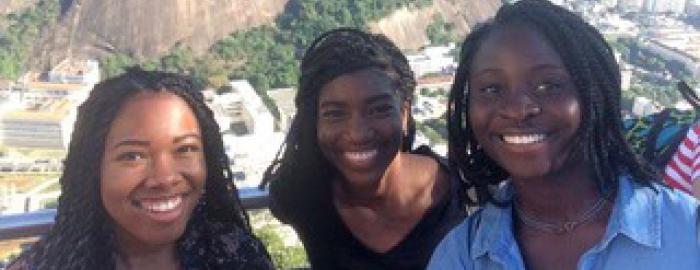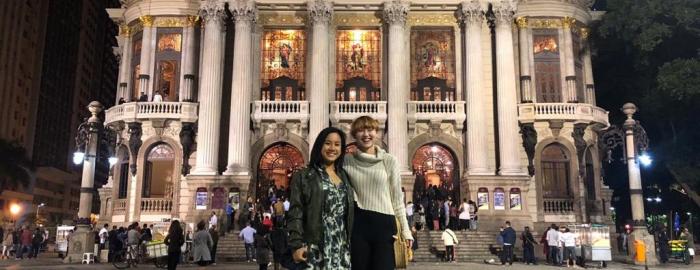What made you decide to do Duke in Brazil?
I started Duke wanting to challenge myself by learning a language foreign to me. My familiarity with the Spanish language led me to take Portuguese. After taking two semesters of Portuguese with Professors Magda Silva and Tavares, my writing and reading skills had improved immensely. However, I still struggled to hold long conversations. With only one required semester of language left, I felt I would improve most if I dove in and traveled to Brazil with my class.
The Portuguese department strives to inform its students about the culture, people and traditions that encapsulate the Portuguese language through each class. Thus, I knew the program would be dynamic and informative. I appreciated how the program incorporated visits to several local NGOs, tackling matters of social justice, human rights and sustainable development. I believed I would get an authentic look at Brazilian culture, and the homestay aspect would be the push I needed to strengthen my confidence, oral speech and pronunciation of the Portuguese language.
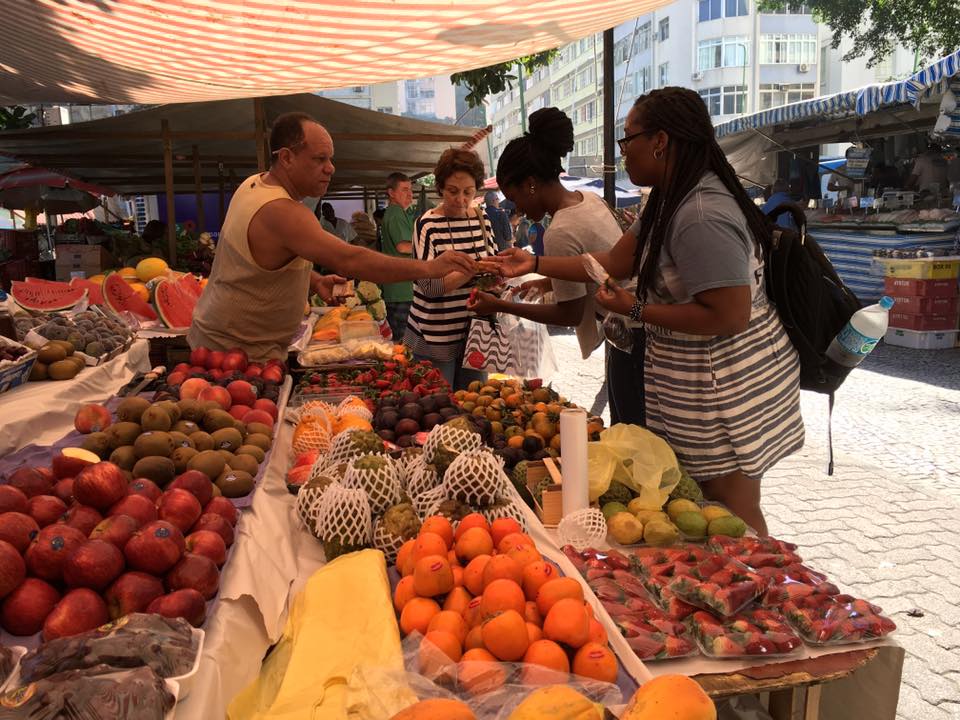
How have your skills and knowledge have changed as a result of Duke in Brazil?
I have been able to expand my passion for dance through new dance forms. During my sophomore year, I consciously decided to couple my study of the Portuguese language with Capoeira, a Brazilian martial art that combines elements of dance, acrobatics and music.
During my time in Brazil, my group was fortunate to have a private Capoeira lesson with several professional Brazilian Capoeiristas. This was an authentic and fun activity for us all to practice our Portuguese through song and dance while also connecting with the culture that dates back to the beginning of African slavery in Brazil. The Capoeiristas taught us of the African roots and controversial heritage surrounding Capoeira.
Being in Brazil built upon my knowledge of Portuguese and Capoeira in a way that could not be absorbed or truly appreciated in a classroom setting. I enjoyed seeing the nuanced differences between the formal structure the classroom provides compared to the lived actions of the Brazilian people.
Immersing myself fully in the dynamic geography, slang, food and traditions practiced by various groups in Brazil reinforced my belief that there are often several practiced versions of any culture among any nationality and ethnicity, and each should be uplifted and appreciated for their individuality and contribution to society.
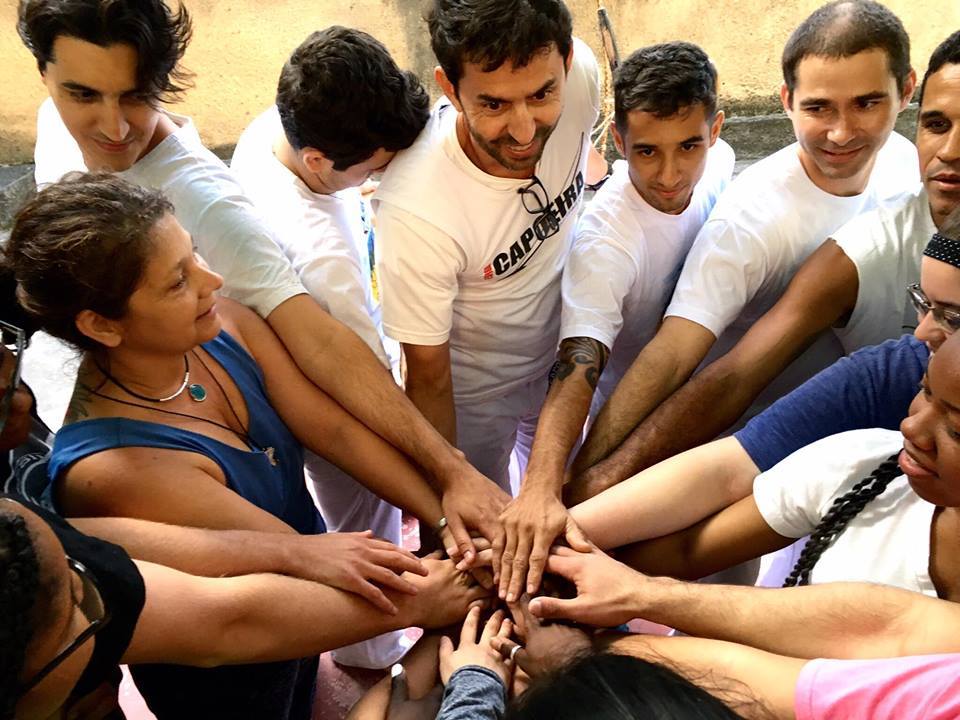
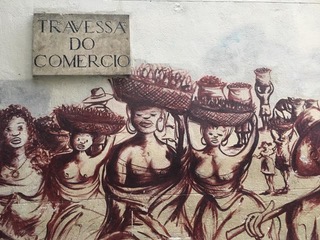
What surprised you most about this experience?
Homestays can be such a rewarding cultural experience and an opportunity for an unstructured bonding experience. That being said, entering someone’s home comes with a high level of responsibility, awareness and flexibility. While I knew living with a Brazilian family would be a more authentic program experience, I was worried that my intermediate Portuguese level would make communicating and bonding with my family much more difficult.
However, I underestimated just how inviting, understanding and patient people can be. My host family selflessly shared their home and life stories with my roommates and me. The homestay afforded me a new experience, given the living environment, home-cooked meals and family bonding time. I really did not expect to establish such meaningful ties with so many people in Brazil. I am forever grateful for the hospitality, support and insightful experience.
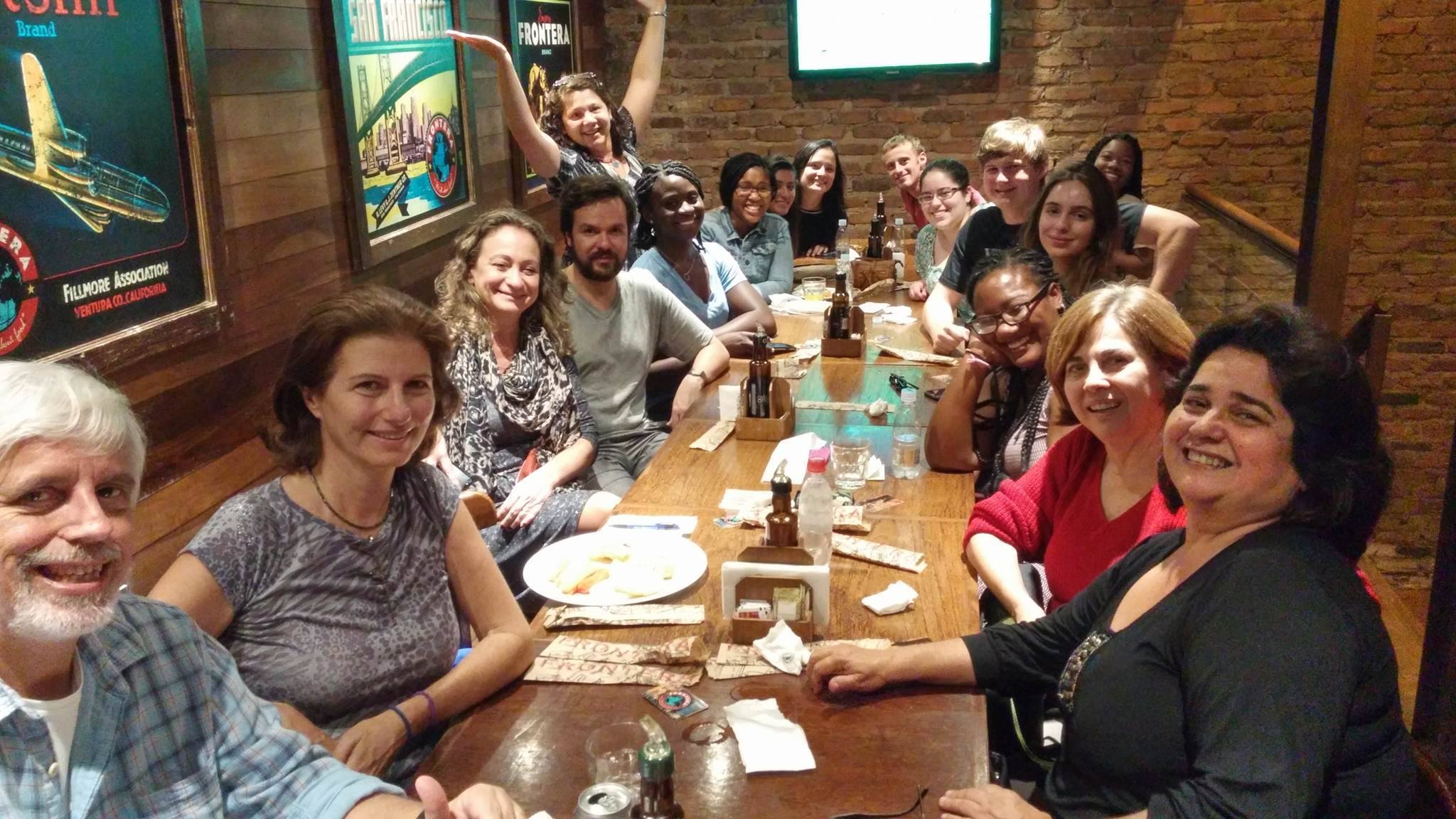
How has this program influenced your career interests?
The Brazil program organized several site visits to non-governmental organizations (NGOs), tackling issues of health and education access, citizens’ rights, sustainable development and social activism. These visits reinforced my desire to advocate for women and children’s social, economic and political autonomy and empowerment through access to quality and affordable education and health services, domestically and globally. I am also considering several fellowships and volunteer opportunities that may afford me the opportunity to return to Rio and support ongoing community development research and projects.
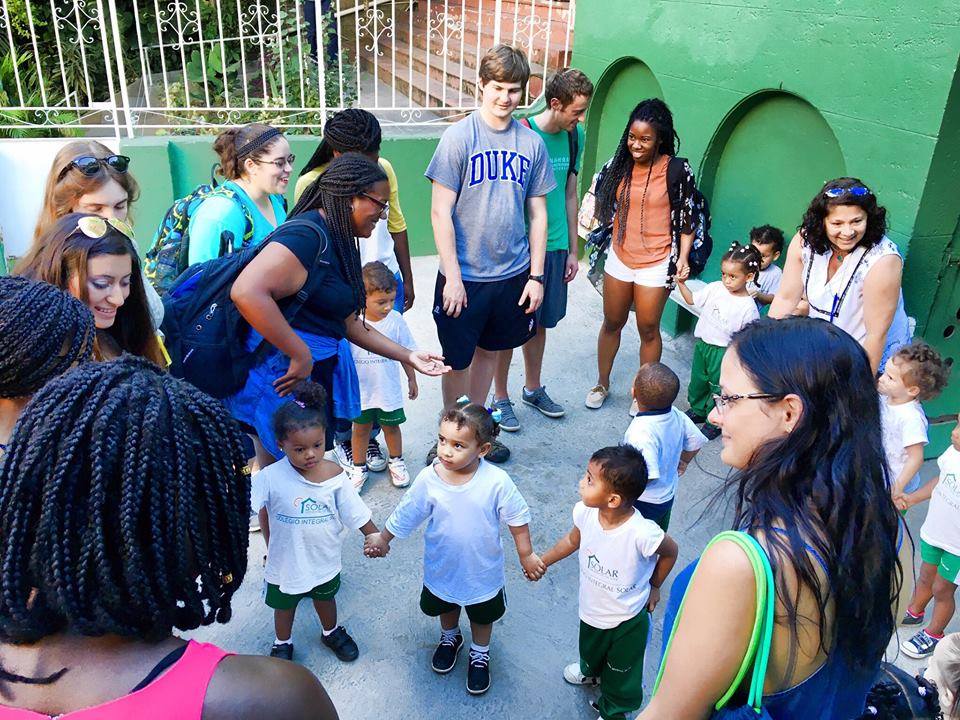
What advice do you have for other considering Duke in Brazil?
Entering any new environment is bound to come with its challenges. Studying in a different country is no exception. I recommend devoting alone time to reflect on your daily experiences, interactions and observations. This certainly helped to keep me grounded and allowed me to analyze how much of myself I was giving to the program.
For any student attempting to truly improve their conversational Portuguese, challenge yourself to speak only Portuguese to the local civilians. People in many countries around the world speak several languages fluently, including English. In many situations, Brazilian locals would engage us students in English when we began to stumble on our Portuguese vocabulary. Resist the urge to remain in your comfort zone! Respectfully ask them to continue speaking to you in Portuguese, demonstrate to them and yourself that you are invested in connecting with the Brazilian people in their native language.
Furthermore, abandon your preconceived ideas of what Brazil ‘should’ or ‘will’ be like. I found that I was able to navigate the highs and lows of the program by removing my expectations of how things would be and being respectful of the local customs and people.
Setonji Agosa
Public Policy Studies, Global Health minor, Class of 2018
Duke in Brazil
Summer 2016


